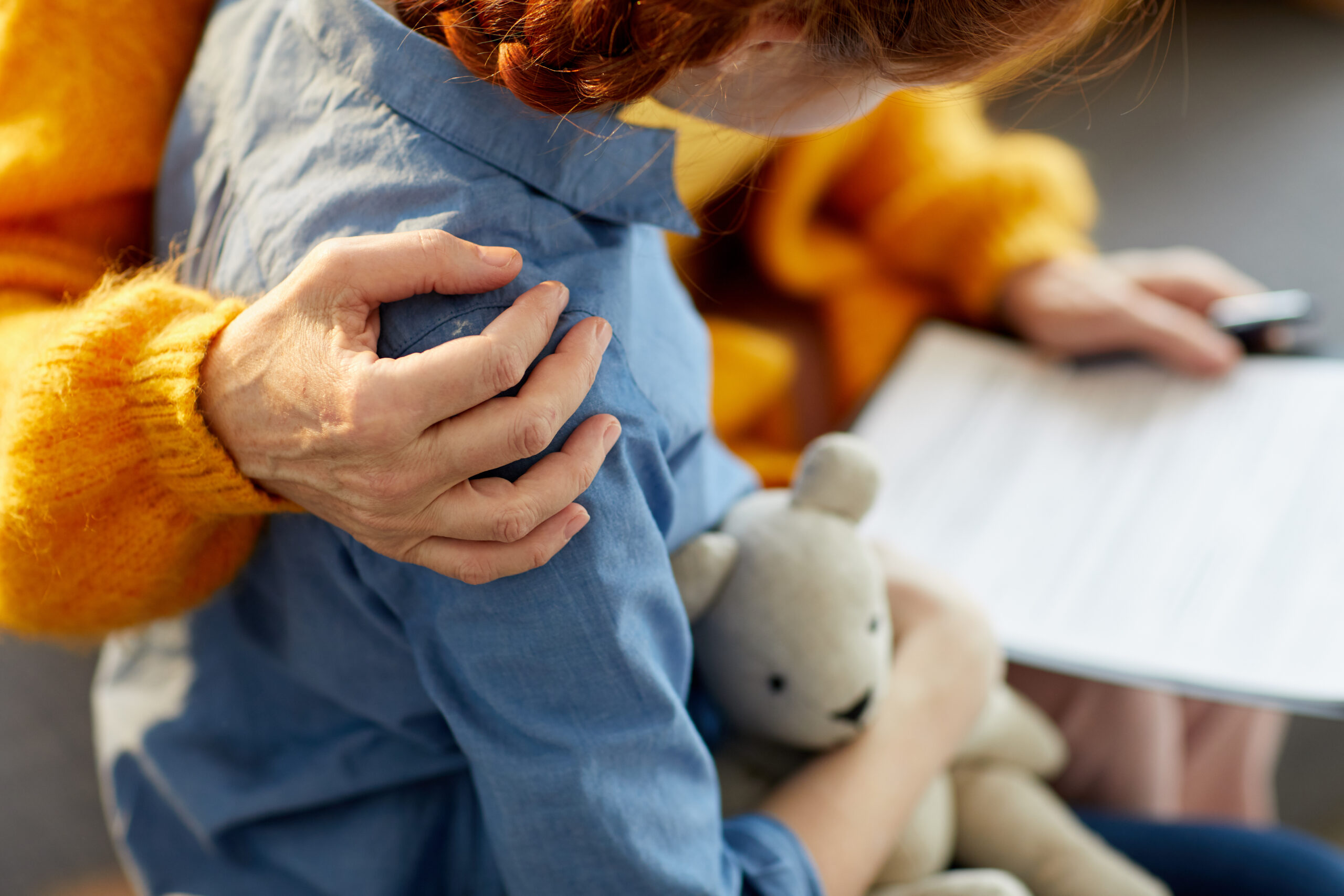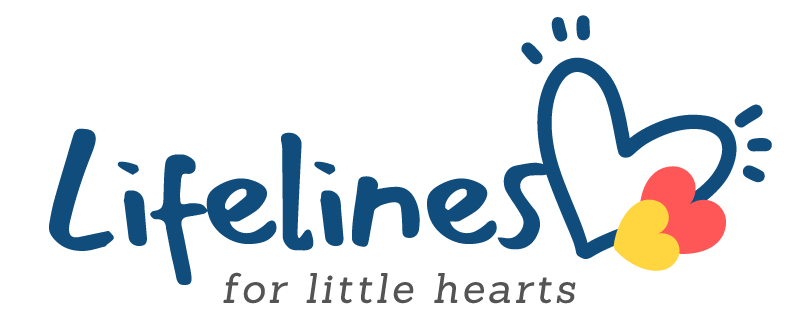
How Children in the Family Are Impacted
Addiction is often described as a disease that doesn’t just affect one person — it affects an entire family. While the focus tends to fall on the individual struggling with substance use, the silent sufferers are often the children living in that home. For them, addiction isn’t a distant crisis — it’s their daily reality.
Living in Chaos
Children in homes with addiction often grow up in environments filled with unpredictability, emotional instability, and, in some cases, neglect or abuse. One day might feel “normal,” and the next could be filled with emotional outbursts, absenteeism, or even violence. These children learn to walk on eggshells, constantly trying to adapt to a parent or guardian’s mood, behavior, or disappearance.
The Emotional Toll
Kids are incredibly intuitive. Even if they don’t understand addiction in clinical terms, they feel the emotional weight of it. They might internalize the chaos, believing it’s their fault. Feelings of guilt, shame, confusion, and fear can take root early, often manifesting in anxiety, depression, or behavior problems.
Many children in these homes also take on adult responsibilities far too young — caring for younger siblings, managing household tasks, or even trying to emotionally support their addicted parent. This “parentification” robs them of a stable and carefree childhood.
Breaking the Cycle
The long-term effects can be profound. Without intervention, children of addicted parents are statistically more likely to develop substance use disorders themselves, continue cycles of unhealthy relationships, or struggle with trust and emotional regulation as adults.
But it doesn’t have to be this way.
Early, consistent therapeutic support can help children process their trauma, learn healthy coping strategies, and understand that they are not to blame. Programs like Lifelines for Little Hearts aim to be that lifeline — offering children the emotional tools and support systems they need to not just survive, but thrive.
Healing Starts with Recognition
By shifting the focus to include the entire family — especially children — we begin to break generational patterns of addiction and dysfunction. Healing one person helps, but healing the entire family creates lasting change.
If you or someone you know is struggling with addiction, and there are children involved, don’t overlook their pain. They are watching. They are feeling. And they need help, too.
We invite you to be a part of something greater than yourself. Together, we can make a difference and create a world where kindness prevails. Visit our website or contact us to learn more about how you can contribute to our ongoing charitable initiatives.
